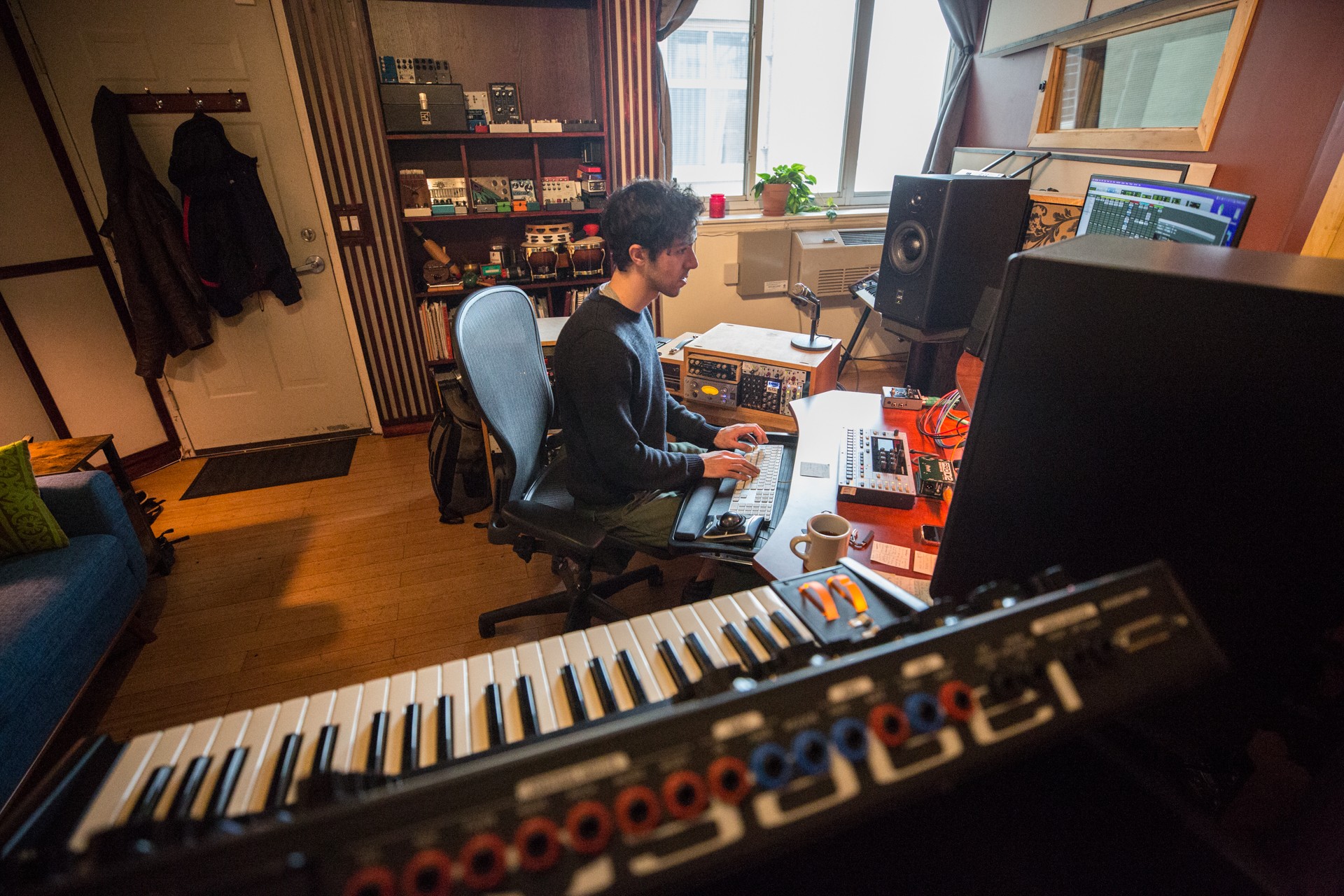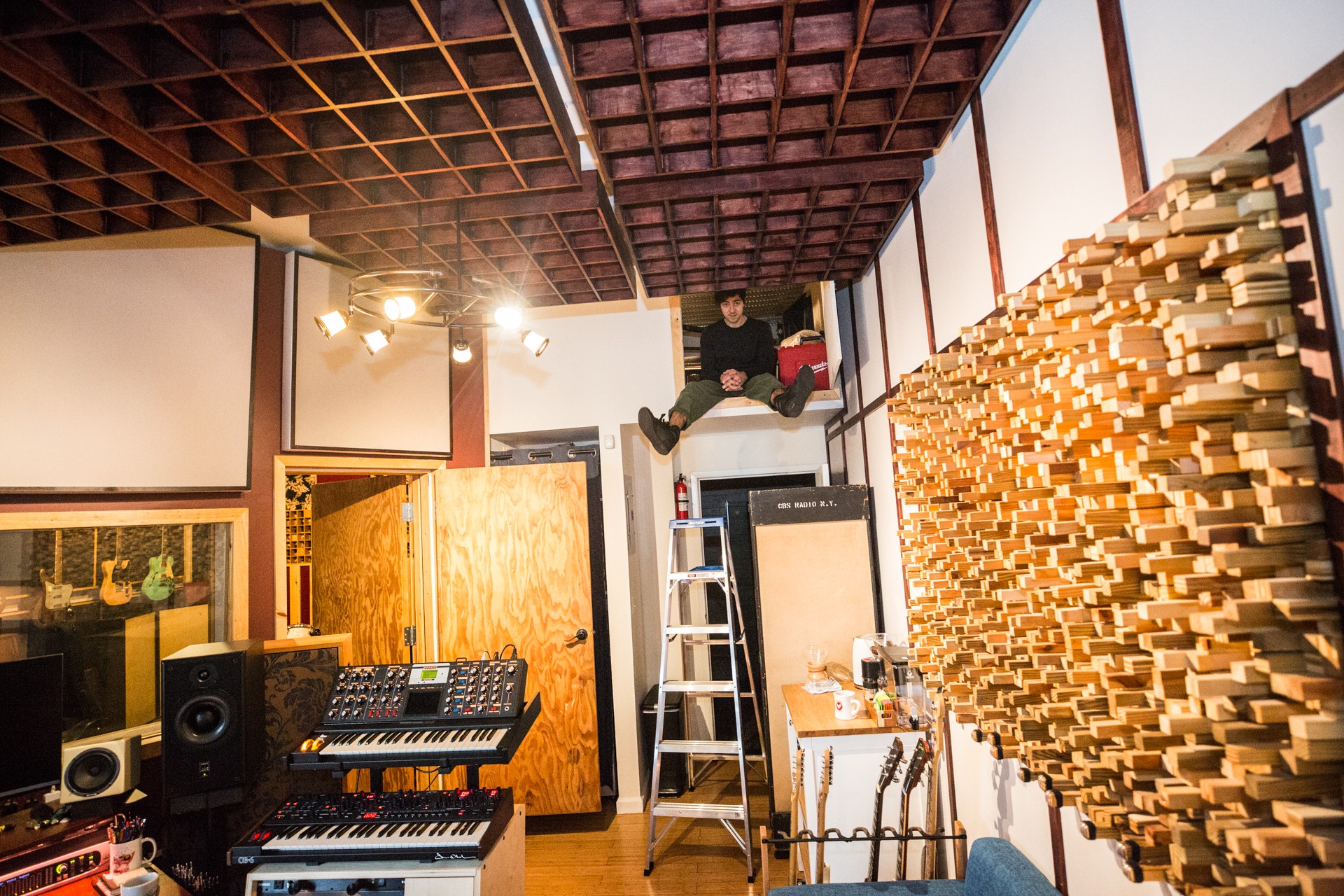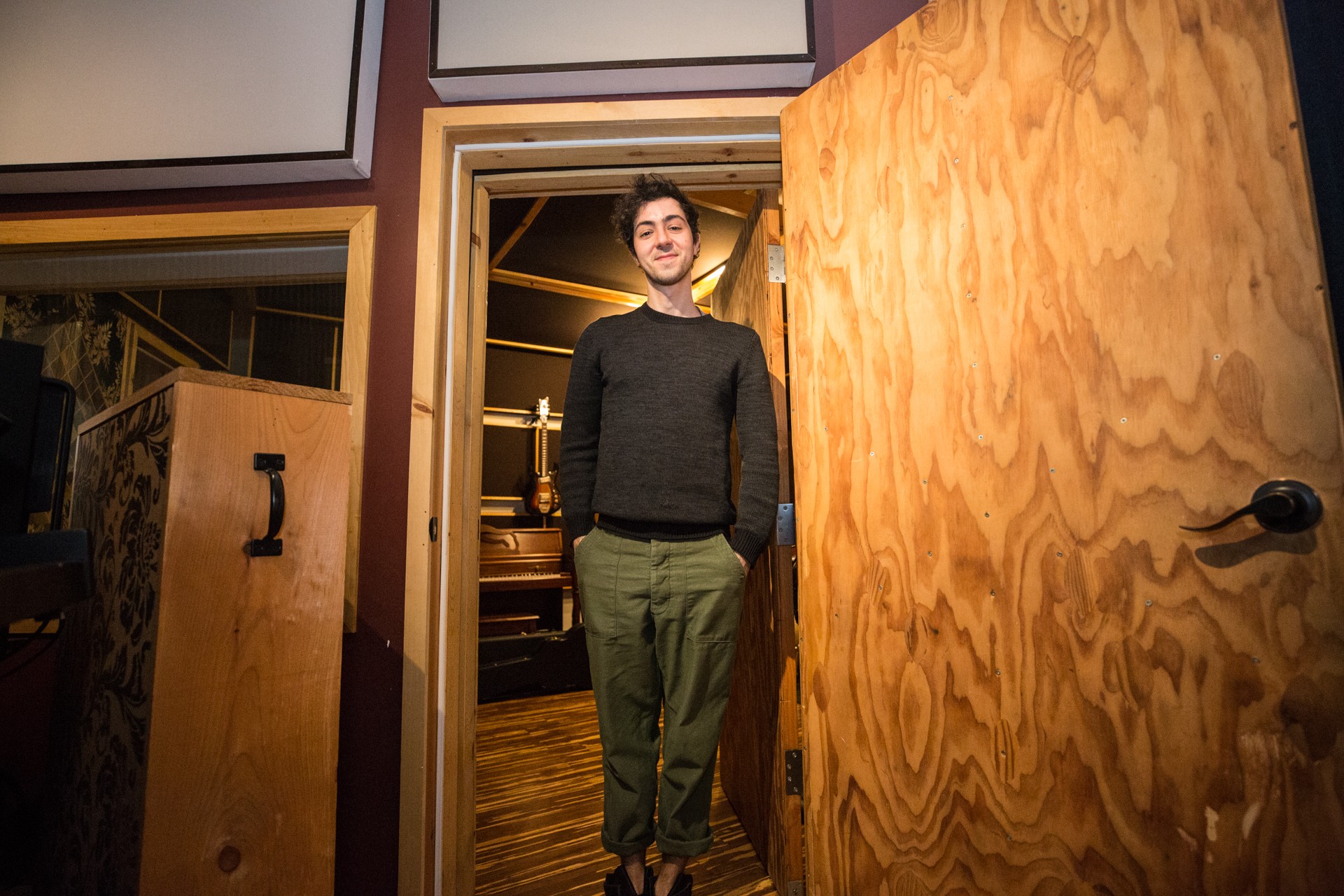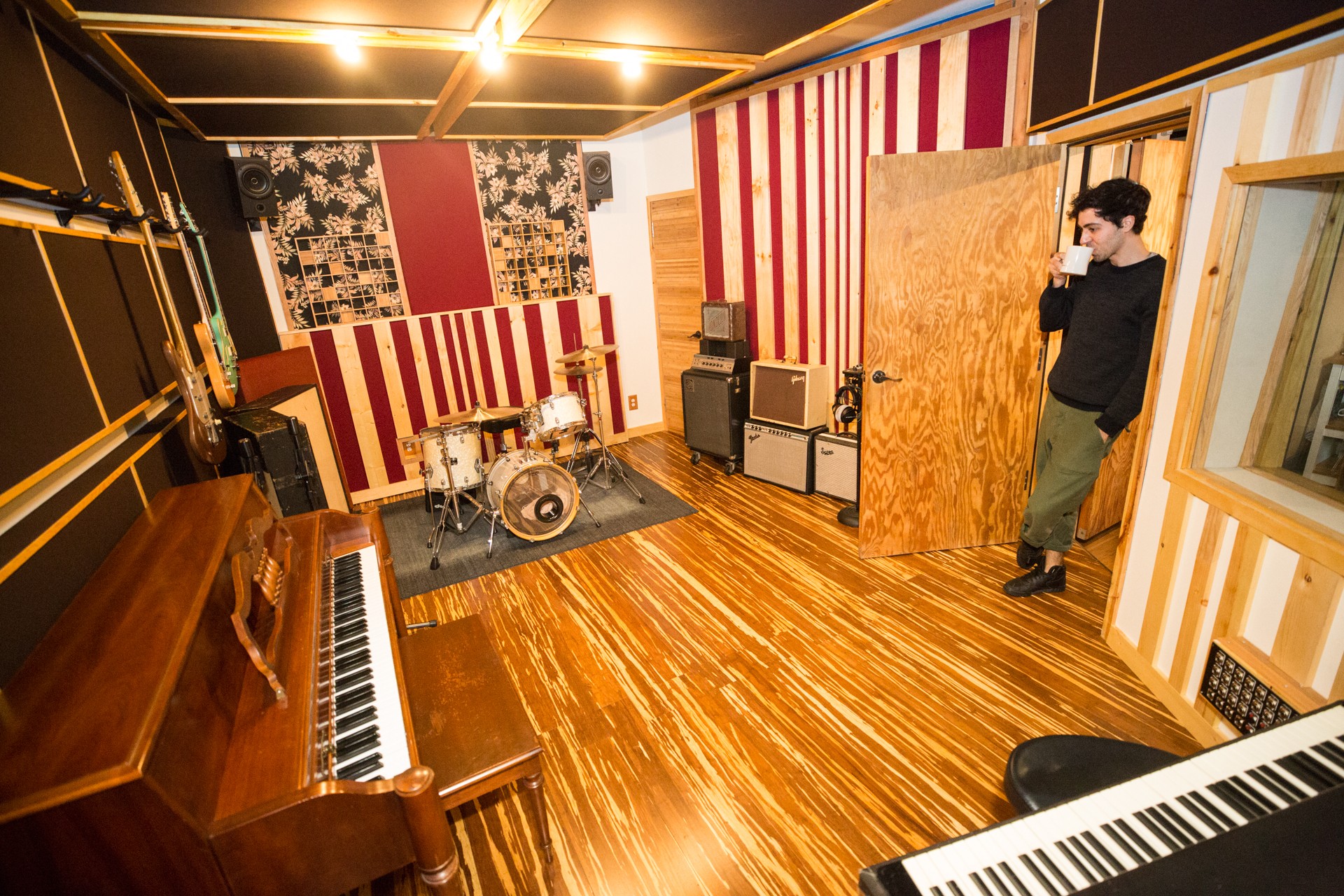We caught up with the brilliant and insightful Ronnie DiSimone a few weeks ago and have shared our conversation below.
Hi Ronnie, thanks for joining us today. Let’s start big picture – what are some of biggest trends you are seeing in your industry?
It varies genre by genre, but as home-recording technology gets better and more accessible, I’ve seen a move towards artists producing themselves more and more. I’ve noticed producers/engineers/arrangers/record-makers-across-disciplines (especially folks who are have been doing it a while) having strong negative reactions to this, and it’s easy enough to see where they’re coming from. How can an artist who’s new to record making possibly match the skill and experience of a professional earned over years of craft-honing? As far as I can tell, the short answer is they probably can’t, but that’s not the point! The empowerment and aesthetic control afforded to artists by self-producing makes record-making a more exciting and appealing creative endeavor to undertake in the first place (which is GREAT for music as a whole). As a record-making-professional, rather than viewing this as a trend that will cut into the overall amount of work available and diminish artists’ willingness to pay for services, I’ve found it’s more helpful (to my mental health as well as my bottom line) to adopt a more flexible understanding of what the job of music producer entails.
I’m doing my best to let go of my long-held conception of a music producer as a one-stop-shop who takes a song from vibrations in the air all the way to a finished recording ready for release. If I’m honest, that definition may have served the artists I’ve worked with in certain situations, but it also was an ego-boost for me (yucky, and not a good reason to make music!) I still do have projects like that – especially with more pop-leaning artists, folks sometimes will still come in with voice memos of themselves sitting at home strumming a guitar and singing a song, hoping that I can help them turn that into something that sounds like Maggie Rogers. But more often now I have artists come in with many aspects of the project done or well underway, looking for help identifying what’s left on the to-do list and finalizing the execution. To use a recent example, an artist came in having essentially made her entire album herself, but wanted help figuring out what could be better and getting it up to release-quality. After we listened to the record together, we decided that re-recording the drums in a proper studio would benefit the overall sound, but that many of the guitars and vocals she had done on her own sounded awesome and should stay on the final version. After that, all the songs needed were some finalizing textures and mixes.

As always, we appreciate you sharing your insights and we’ve got a few more questions for you, but before we get to all of that can you take a minute to introduce yourself and give our readers some of your back background and context?
I’m a music producer, which I’m now super-broadly defining as someone an artist can hire to help them finish their record. In furtherance of that, I offer recording engineer services, a studio to work in (Tightrope Recording), songwriting, arranging, performance on a handful of instruments, and mixing. I’ve played music my whole life, but it wasn’t until my band in college went into a “real” recording studio for the first time that it occurred to me that vocationally making recordings was a thing a person could do (let alone a thing that I could do). Since that fateful realization, I completely neglected my bachelors degree in Economics, flamed out in corporate America, descended the ladder all the way down to recording-studio-intern, temp-ed at a handful of music publishers, went back to school (for music composition this time!), work-studied, part-timed, slowly made my way up the industry food-chain from intern to assistant and then engineer, and then finally transitioned to being a full-time-freelance music producer.
At the risk of sounding overly dramatic – I’m absolutely obsessed with making records. The capture of an inherently ephemeral piece of music into a permanent recorded document feeds my soul, and helping artists execute their vision is my favorite way to spend my limited time on earth.

Any stories or insights that might help us understand how you’ve built such a strong reputation?
Trying to get a little better at my craft each day. Every creative project and creative partnership is different, but every time I work on something (regardless of budget, timeline, or artistic directives of a particular project), I try to elevate song and artist as much as is within my power. I try to remember that things that have worked for me in the past may or may not work this time, and maintain a willingness to try new solutions to the challenges that present themselves.

We’d love to hear the story of how you built up your social media audience?
Finding a voice that feels genuine has been helpful, as well as accepting that viral fame may not be for me (and that’s ok!) The architecture and usage patterns of social media platforms encourage particular types of content to do well while totally walling out other things. Early on in using Instagram specifically, I felt this pressuring me to make a *certain type of music production content* that never felt honest (and it took soooo much time and energy to make). For creative fields, Instagram has to be an online business card and work reel, so there’s a certain amount of keeping that aspect of it up-to-date. But for the more editorial voice stuff, I’ve found success with rough-around-the-edges process-workflow stuff, and letting a little bit of sarcasm bleed in. I used to feel compelled to temper that for some reason, and it was no fun at all.

Contact Info:
- Website: tornamusic.com
- Instagram: https://www.instagram.com/tornamusic/
Image Credits
Photos by Will Oliver


